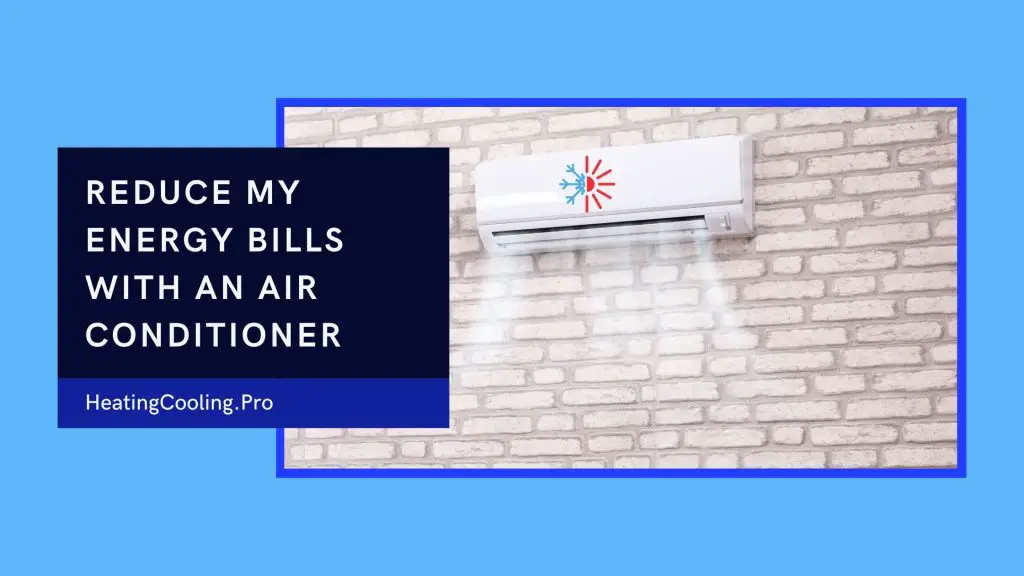As the summer heat becomes increasingly unbearable, we often rely on air conditioners to keep us cool and comfortable. However, the heavy use of air conditioners can result in skyrocketing energy bills, putting a strain on our wallets and the environment. Fortunately, there are several effective ways to reduce energy consumption while still enjoying the benefits of air conditioning. In this article, we will explore a variety of techniques and tips to help you lower your energy bills while maintaining a cool and comfortable indoor environment.
How Can I Make My Air Conditioner Use Less Electricity?
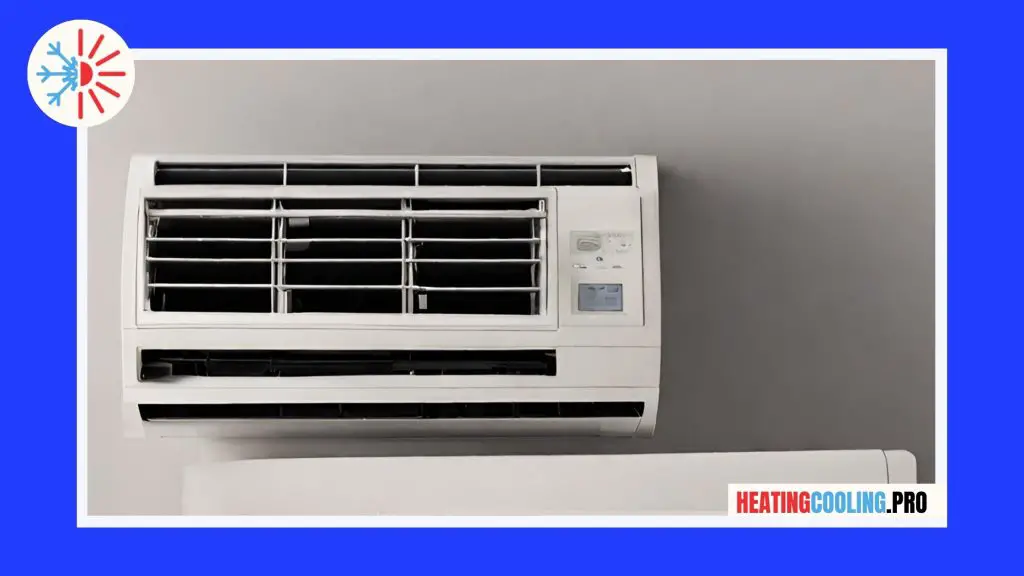
You can save money on your electric bill by making your air conditioner use less electricity. Air conditioners use a lot of electricity, so making your air conditioner use less electricity can save you a lot of money. Here are some tips on how to make your air conditioner use less electricity:
- Make sure your air conditioner is in good condition. A well-maintained air conditioner will use less electricity than a poorly maintained air conditioner.
- Set your air conditioner to the right temperature. If you set your air conditioner to a higher temperature, it will use less electricity.
- Make sure your air conditioner is properly sized for your home. A properly sized air conditioner will use less electricity than an air conditioner that is too large or too small for your home.
- Use a programmable thermostat to control your air conditioner. A programmable thermostat can help you save money on your energy bills by allowing you to set different temperatures for different times of the day. For example, you can set the thermostat to lower the temperature during the day when you are not at home, and then raise the temperature before you return home.
- Install a ceiling fan. A ceiling fan can help you save money on your energy bills by cooling your home without using as much air conditioning. Ceiling fans can also help to circulate air in your home, which can make it feel cooler.
What Is The Cheapest Way To Run Your Ac?
There are a few factors to consider when trying to determine the cheapest way to run your AC. The size of your home, the insulation, the type of AC unit, and the climate all play a role in how much it costs to run your AC.

The size of your home is the biggest factor in how much it costs to cool your home. The bigger the home, the more power it takes to cool it. If your home is well-insulated, that will help keep the cool air in and reduce the amount of power needed to run your AC. If you have an old, inefficient AC unit, it will use more power to run than a newer, more efficient unit. And, of course, the climate also plays a role in how much it costs to run your AC. If you live in a hot climate, you’ll need to run your AC more often and it will use more power.
There is no one definitive answer to the question of how much it costs to run an AC unit, as it depends on a variety of factors. However, by understanding a bit more about AC units, you can make an informed decision about whether or not to upgrade yours. An AC unit is essentially a refrigerator that blows cold air instead of hot air. It works by using a compressor to compress a gas, which causes the gas to heat up. The gas is then passed through a coil, which causes the gas to cool down. The cooled gas is then blown into the room, which cools it down.
The biggest factor that affects how much it costs to run an AC unit is the size of the unit. The bigger the unit, the more power it will use. Another important factor is the climate. If you live in a hot climate, you’ll need to run your AC more often and it will use more power.
What Should I Put My Ac On To Save Energy?
Your AC should be set to the highest comfortable temperature to save energy. Every degree you lower your thermostat can save you 3-5% on your cooling bill, so be sure to set it to the temperature that is most comfortable for you and your family. Additionally, make sure your AC is properly insulated and sealed to prevent cool air from escaping and hot air from entering.
What Is The Most Energy Efficient Way To Use Ac?
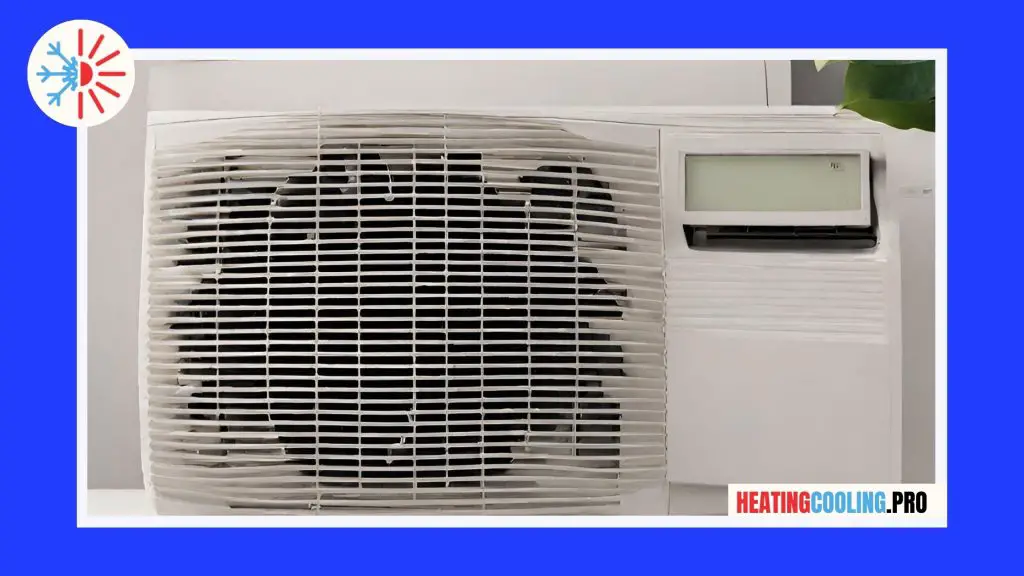
There is no one definitive answer to this question. The most energy efficient way to use AC will vary depending on the specific situation. Some factors that will affect how efficiently AC can be used include the climate, the type of AC unit, and the size of the space being cooled.
That said, there are a few general tips that can help make AC more energy efficient. One of the most important is to make sure the AC unit is properly sized for the space it is cooling. Oversized AC units use more energy than necessary and can lead to higher cooling costs. Another key is to make sure the AC unit is properly maintained and cleaned regularly. Dirty AC units can be less efficient and can also lead to increased cooling costs. Finally, it is important to use fans to help circulate the air in the space being cooled. This can help make the AC unit more efficient and can also help to reduce the cooling costs.
8 Steps To Reduce My Energy Bills With An Air Conditioner
Summertime in Texas is hot, muggy, and energy-sapping. It’s the perfect time of year to invest in an air conditioner to help keep your home comfortable and your energy bills low.
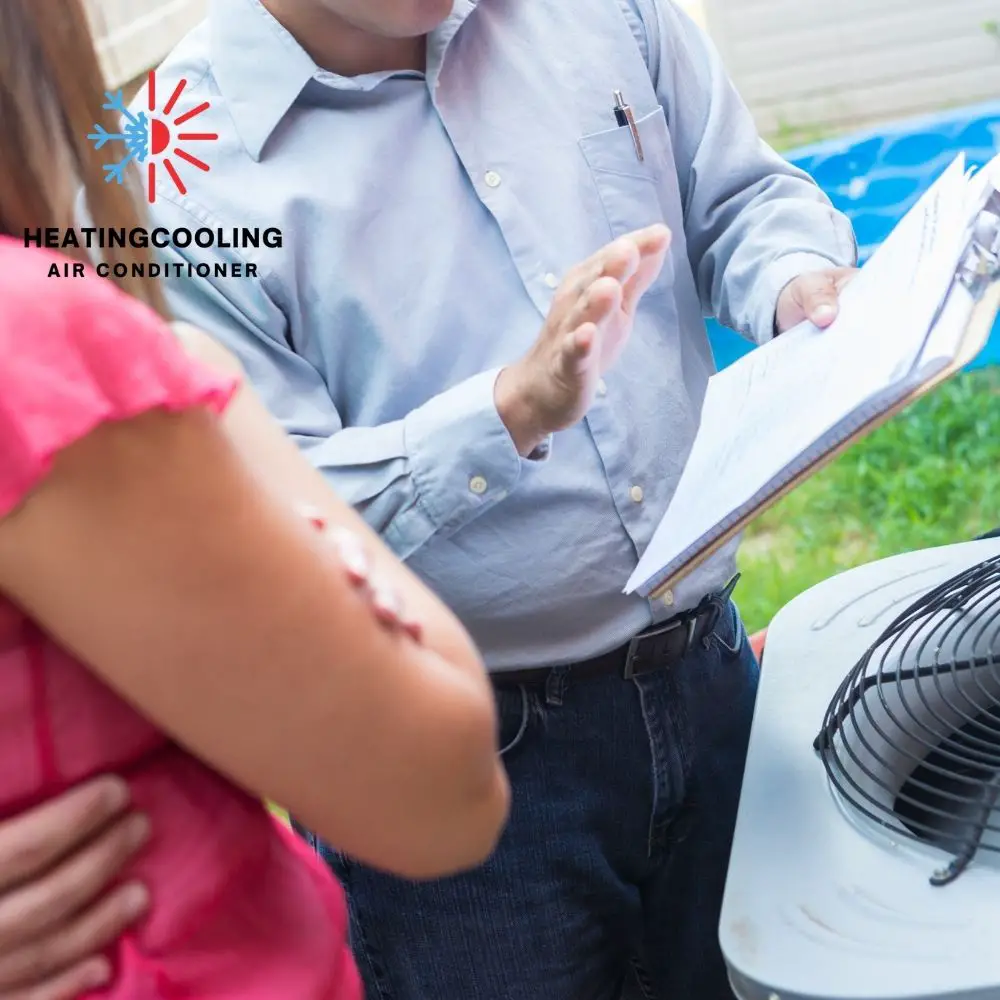
An air conditioner can help you save energy in a few ways. First, it can help keep your home at a comfortable temperature, which means you won’t have to use as much energy to heat or cool your home. Second, if you have an air conditioner with a programmable thermostat, you can set it to turn off when you’re not home or when you’re asleep, which can save you a lot of energy. If you’re in the market for a new air conditioner, be sure to choose one that is energy-efficient. ENERGY STAR certified air conditioners use 10-50% less energy than standard models, so they can help you save a lot of money
- 1. Choose an Energy-Efficient Air Conditioner: When purchasing an air conditioner, it is crucial to consider its energy efficiency rating. Look for models that have a high Seasonal Energy Efficiency Ratio (SEER) rating. The higher the SEER rating, the more energy-efficient the air conditioner will be, resulting in lower energy consumption and reduced bills.
- 2. Proper Sizing and Placement: To ensure optimal energy efficiency, it is essential to choose an air conditioner that is appropriately sized for your space. An oversized unit will consume more energy and lead to temperature fluctuations, while an undersized unit will struggle to cool the room efficiently. Additionally, proper placement of the air conditioner is important. Avoid placing it in direct sunlight or near heat-generating appliances, as this can cause the unit to work harder and consume more energy.
- 3. Optimize Airflow: Proper airflow is essential for effective cooling and energy efficiency. Clean or replace air filters regularly to prevent clogging, which can obstruct airflow and force the air conditioner to work harder. Additionally, ensure that vents and registers are not blocked by furniture or other objects, as this hinders airflow and reduces cooling efficiency.
- 4. Utilize Programmable Thermostats: Investing in a programmable thermostat can significantly reduce energy consumption and save you money. These thermostats allow you to set specific temperature preferences for different times of the day. By adjusting the temperature settings based on your daily routine, you can avoid unnecessary cooling when the house is unoccupied, resulting in substantial energy savings.
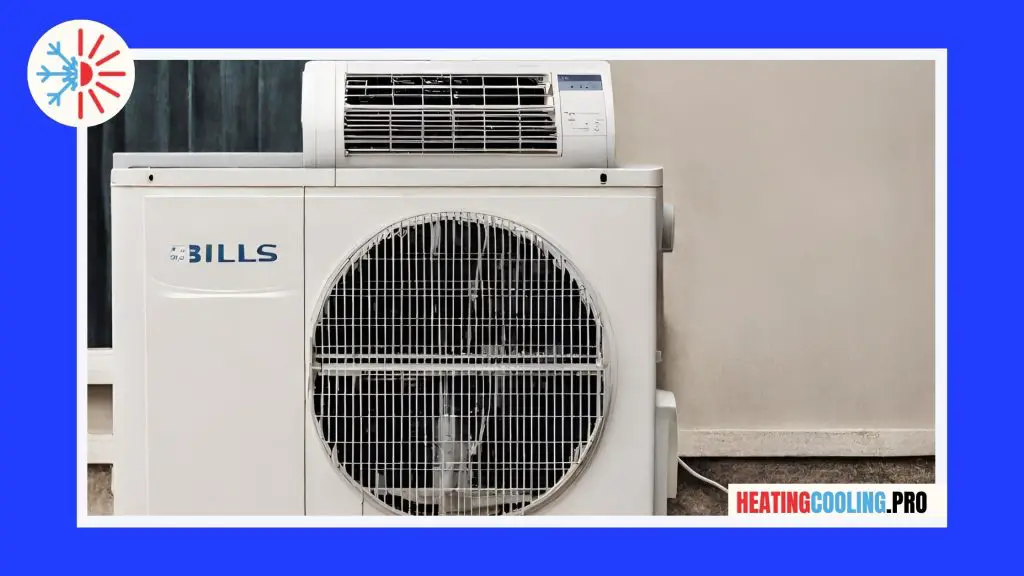
- 5. Maintain and Service Your Air Conditioner: Regular maintenance and servicing of your air conditioner are vital for optimal performance and energy efficiency. It is recommended to have a professional technician inspect and clean your unit at least once a year. This ensures that all components are functioning properly, refrigerant levels are adequate, and any potential issues are addressed promptly. A well-maintained air conditioner operates more efficiently, reducing energy consumption and prolonging the lifespan of the unit.
- 6. Utilize Natural Ventilation: Take advantage of natural ventilation to cool your home whenever possible. During cooler evenings and nights, turn off the air conditioner and open windows to allow fresh air to circulate. This natural cooling approach not only reduces energy consumption but also improves indoor air quality.
- 7. Use Ceiling Fans: Ceiling fans are an excellent complement to air conditioning systems. They create air movement, which helps to distribute cool air more effectively throughout the room. By using ceiling fans, you can raise the thermostat setting by a few degrees without sacrificing comfort. This leads to significant energy savings while maintaining a comfortable indoor environment.
- 8. Implement Energy-Saving Habits: In addition to optimizing your air conditioner, adopting energy-saving habits can further reduce your energy bills. These habits include keeping doors and windows closed when the air conditioner is running, closing curtains or blinds during the hottest parts of the day to prevent heat gain, and using appliances that generate heat, such as ovens and dryers, during cooler hours.
Conclusion
Reducing energy bills while using an air conditioner requires a combination of conscious choices and energy-saving techniques. By selecting an energy-efficient air conditioner, optimizing airflow, utilizing programmable thermostats, maintaining your unit, and implementing energy-saving habits, you can significantly reduce your energy consumption without sacrificing comfort. Remember, small adjustments and mindful behaviors can have a substantial impact on your energy bills and contribute to a greener and more sustainable future.
